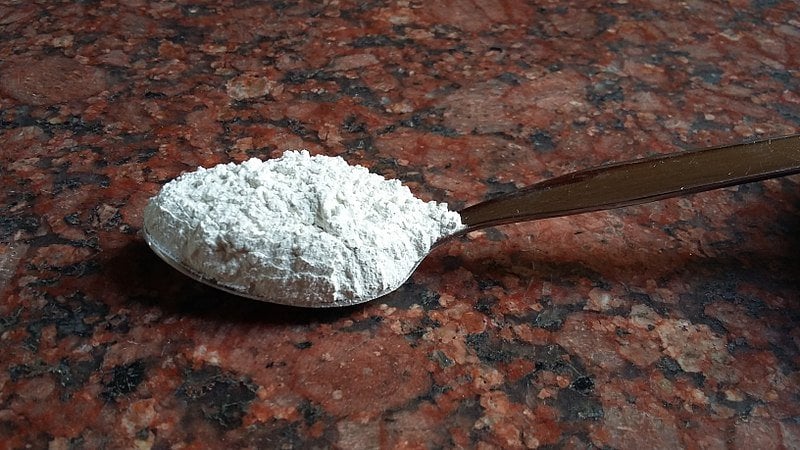Vegans, vegetarians, and even those who only loosely adhere to a plant-based diet may find it problematic to consume enough high-quality protein every day. Cutting out lean meat and fish can make it challenging to consume enough protein. Those who wish to gain muscle mass or maintain their current body composition will find this to be especially true.
While whey protein has been the go-to for many, many years, the many benefits of vegan protein powder have only recently begun to be recognised by the general public. Vegans aren’t the only ones who can benefit from plant-based protein powders; anyone looking to improve their health or who has an intolerance to whey protein can use this type of supplement.
Where to Look for It
The last thing we want is for you to compromise your fitness goals by opting for a lower-quality Vegan Protien Powder. Like most discerning consumers, you’re probably on the hunt for the cleanest plant-based protein powder money can buy. The following is a manual that will assist you in avoiding the purchase of misleading protein powders that will lead you further away from your fitness objectives:
Full-Length Protein:
Some examples of plant-based proteins that come to mind when thinking about ways to accommodate vegetarian or vegan diets are rice protein, wheat protein, pea protein and so on. However, keep in mind that many of these protein powders are derived from the same plant. The nine essential amino acids (histidine, isoleucine, leucine, lysine, methionine, phenylalanine, threonine, and valine) are absent from these proteins, rendering them insufficient for human consumption. Complete proteins can be found in chia seeds and similar vegetarian options, but there isn’t much of it.
Vegetarians, vegans, and plant-based athletes are at a disadvantage because these nine essential amino acids are most commonly found in animal products like meat and eggs.
If you want to make sure you’re getting all of the essential amino acids in your diet, choosing a complete protein powder like one that comes with a mixture of the various plants is a good idea. Therefore, when you go shopping, instead of quickly scanning the nutrition facts to see how much protein is in a serving, read the ingredients to find a blend of protein made from chia seeds, peas, and rice, for example. They must still exist in the world.
Nutrient-Dense:
A universal protein powder does not exist. You can’t ignore the label any longer, so don’t try. To get all the nutrients you need, pick a plant-based protein powder. Consider, for instance, the magnesium- and potassium-rich protein found in pumpkins. Pea protein is also rich in other nutrients like calcium, zinc, iron, and vitamin E. Focus on the whole thing, not just the protein content. The amount, or lack thereof, of other nutrients you consume will also have an impact on your general health.
Studies have shown that one can experience deficiencies in either micronutrients or macronutrients by strictly adhering to a vegan diet (or in this case, by using vegan protein powder). Public health officials are understandably concerned about this, especially if no effort is made to replace the nutrients lost when animal-based foods are no longer consumed.
Vegan protein powders have a number of other benefits for performance and energy, so keep that in mind if you follow a vegan diet.
You should only eat organic plant-based proteins. This isn’t exactly a feat of genius, is it? The issue is that many powders use plant-based proteins that are heavily contaminated with pesticides. This is especially prevalent when referring to soy protein. Furthermore, even if you manage to avoid having any of those pesticides come into direct contact with your body, they are still harmful to the environment. Whether or not you’re vegan, eating organic can show your concern for the planet.



